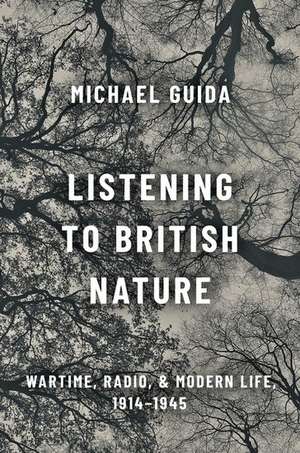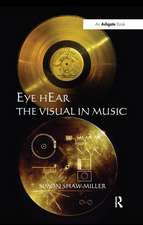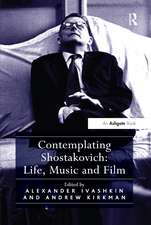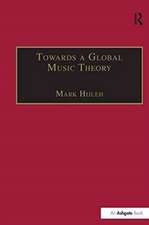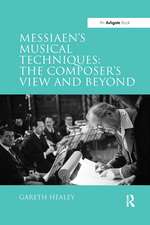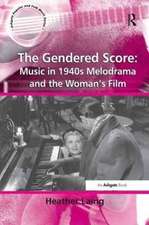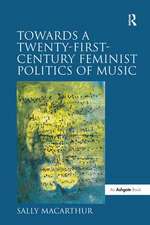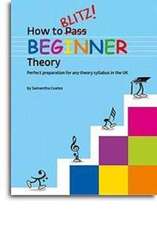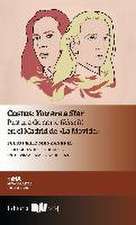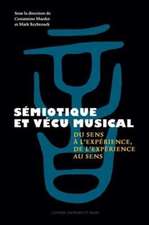Listening to British Nature: Wartime, Radio, and Modern Life, 1914-1945
Autor Michael Guidaen Limba Engleză Hardback – 7 apr 2022
Preț: 436.92 lei
Preț vechi: 485.01 lei
-10% Nou
Puncte Express: 655
Preț estimativ în valută:
83.64€ • 87.27$ • 70.12£
83.64€ • 87.27$ • 70.12£
Carte disponibilă
Livrare economică 10-15 februarie
Preluare comenzi: 021 569.72.76
Specificații
ISBN-13: 9780190085537
ISBN-10: 0190085533
Pagini: 232
Dimensiuni: 235 x 164 x 21 mm
Greutate: 0.47 kg
Editura: Oxford University Press
Colecția OUP USA
Locul publicării:New York, United States
ISBN-10: 0190085533
Pagini: 232
Dimensiuni: 235 x 164 x 21 mm
Greutate: 0.47 kg
Editura: Oxford University Press
Colecția OUP USA
Locul publicării:New York, United States
Recenzii
Of particular interest is Guida's account of Enham Village Centre (Hampshire), a model community established to help WW I veterans reintegrate into society through engagement in an idealized model of English life, where veterans lived and worked on crafts at a preindustrial pace. Alongside wartime nostalgia for a lost world of peaceful existence in nature, however, Guida recounts the emergence of the BBC's public service broadcasting, signifying "the beginning of a new kind of national listening" and modernity.
In this sparkling book, Guida establishes himself as a preeminent listener of the past. Listening to British Nature is an important book, subtle in its telling and striking in its implications for our understanding of historical acoustemology.
By cleverly weaving together themes of nature, war, and broadcasting, Guida offers us an exciting new way to listen to - and to understand - twentieth century Britain. His book is clearly the result of meticulous research and deep thought. But it's also infused with genuine compassion for the people and events it describes. This is history at its glittering, exhilarating best.
Listening to British Nature, the cultural and social historian Michael Guida looks at the interconnected relationship of nature and modern life by focusing on evolving listening practices in the first half of the twentieth century.
In this sparkling book, Guida establishes himself as a preeminent listener of the past. Listening to British Nature is an important book, subtle in its telling and striking in its implications for our understanding of historical acoustemology.
By cleverly weaving together themes of nature, war, and broadcasting, Guida offers us an exciting new way to listen to - and to understand - twentieth century Britain. His book is clearly the result of meticulous research and deep thought. But it's also infused with genuine compassion for the people and events it describes. This is history at its glittering, exhilarating best.
Listening to British Nature, the cultural and social historian Michael Guida looks at the interconnected relationship of nature and modern life by focusing on evolving listening practices in the first half of the twentieth century.
Notă biografică
Michael Guida is a cultural historian and a Research Associate in Media & Cultural Studies at the University of Sussex. His research concentrates on avian-human relations in modern urban Britain and recent published work has examined cultures of birdkeeping (in The Working Class at Home, 1770-1940, Palgrave) and birdsong and emotions (in The Routledge Companion to Animal-Human History).
